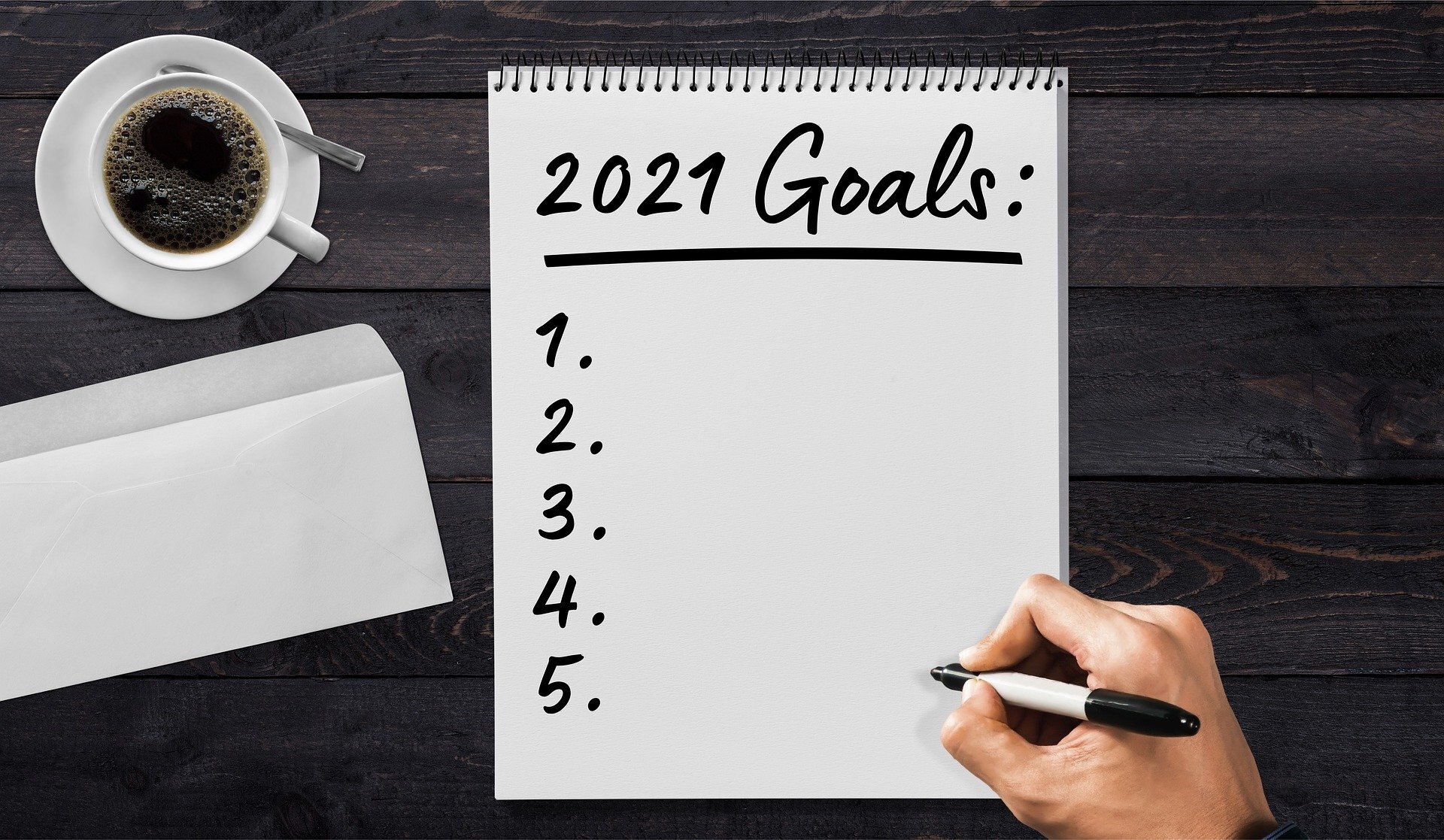Resolutions
Every year, the first few days of January bring crowded gyms, messy kitchens, and trash cans full of cigarettes. Whether it’s to work out more, cook at home, stop smoking, or something else entirely, we all have New Year’s resolutions, committing to drastic behavior changes in pursuit of a healthier, happier life.
But most of us break these resolutions within a couple weeks, year after year. Even though we vow to make better choices and get rid of unhealthy habits, we end up disappointed as we revert back to our old ways. Why does this pattern exist — setting big goals at the beginning of the year, only to fall short of our own expectations? Psychology can offer some answers.
The first reason why we don’t stick to our resolutions is that they are usually unrealistic. Training for a marathon seems great in theory, but unless you’ve been running consistently for a while already, you’re not likely to make it very far. Instead, start with a smaller goal like exercising two to three times a week consistently. If you miss a week, don’t be too hard on yourself — the goal is consistency, not perfection.
Another reason why most of us give up our resolutions is that the changes we make are not enjoyable. Giving up bad habits or forcing yourself to work out seems inherently unpleasant; if those changes made us feel better in the short-term, we wouldn’t need resolutions! But that doesn’t mean we have to torture ourselves. If your goal is to get fit, that doesn’t mean you have to run or hit the gym. There are a multitude of exercise options to choose from, and finding an activity you enjoy makes it more likely you’ll stick with it.
Finally, New Year’s resolutions are hard to keep up because they are limited. You can make positive changes in your life at any time of year, not just on January 1st. Personalizing your goals is important, too: while nearly 90% of New Year’s resolutions are health or work-related, you don’t have to try making the same changes as everybody else if those changes don’t make sense for you. The key is finding something you want to do that improves your life, and sticking with it in the long-term.








